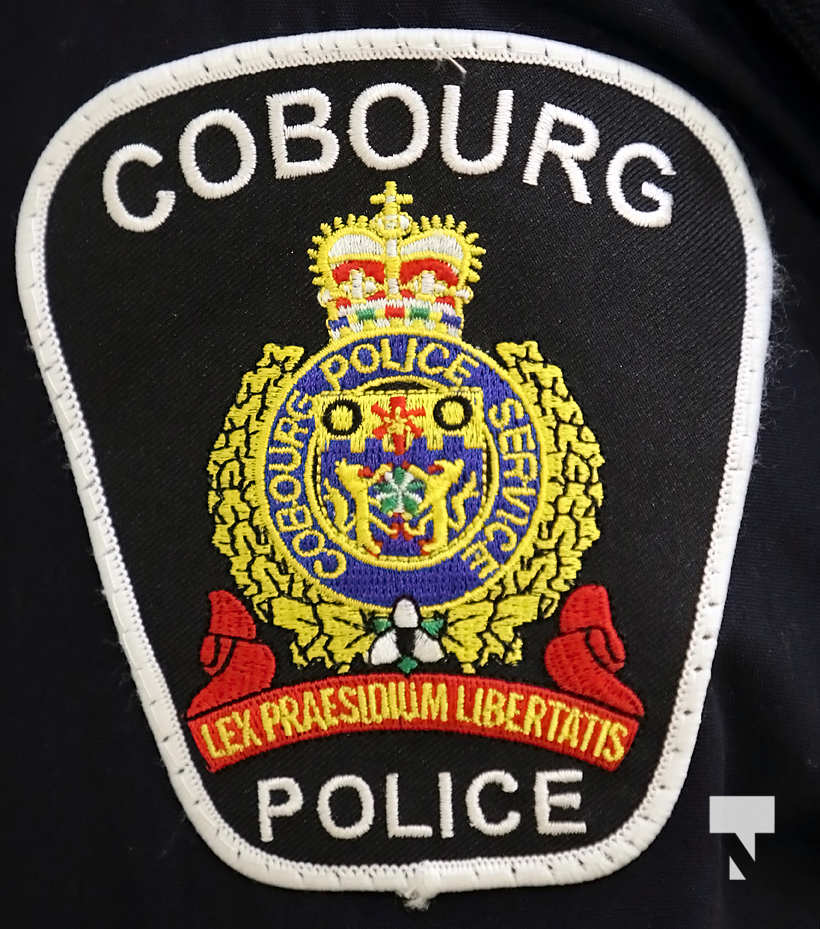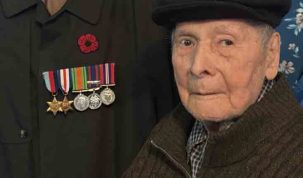Cecilia Nasmith/Today’s Northumberland
At its October meeting, Cobourg Police Services Board shared details of the arbitration that took place last month over an issue dating back to November 2017.
The board and the Cobourg Police Association were the two sides whose arguments were heard Sept. 6 by arbitrator William A. Marcotte.
Chief Kai Liu said that, on Nov. 27, the board had indicated its strong opposition to the association’s salary proposals of 3.5%, 2.5%, 2.5% and 2% over the next contract’s four-year term, totalling 10.5%. This would have cost taxpayers an additional $180,000 a year, he estimated.
The arbitrator decided to award 1.7% as of Jan. 1, 2017, 1.85% as of Jan. 1, 2018, 1.7% as of Jan. 1, 2019, and 1.6% as of Jan. 1, 2020.
A chart of salaries in other communities of comparable size set the average salary at $93,853. Cobourg’s figure worked out to $93,827, putting it slightly ahead of Brockville, Kawartha Lakes, Port Hope, Strathroy-Caradoc, Belleville and Timmins.
The chief reviewed some other areas of difference, some decided in the association’s favour and some in the board’s favour.
The association challenged qualifications for responsibility pay, for example, asking that two criteria be deleted – attaining satisfactory ratings and being substantially free of displinary convictions that resulted in certain penalties. This request was turned down.
The association also challenged the board’s policy of requiring medial reports for 12 months for all absences in the case of a member who has a definite pattern of absences (every Monday or the day in advance of every holiday, for example). The arbitrator did not support the association’s challenge.
While these decisions applied to uniformed members of the Cobourg Police Service, the chief also reviewed some arbitrators’ decisions that applied to civilian personnel.
Mayor Gil Brocanier stated that the settlement keeps salaries comparable, and made a motion in support of the arbitrator’s report.
“I think it was a very fair arbitration,” board chair Dean Pepper agreed.
“We relied heavily on our comparitors and our legal counsel to be able to get a collective agreement well into the future. We won’t have to go back each and every year – until 2020.”
Chief Kai Liu asked for (and received) a motion to pay out the applicable retroactive increases. Brocanier said he understood that these funds had already been budgeted for.
“We put the money aside in an accrual account, so it’s there – it just has to be released,” Pepper said.























